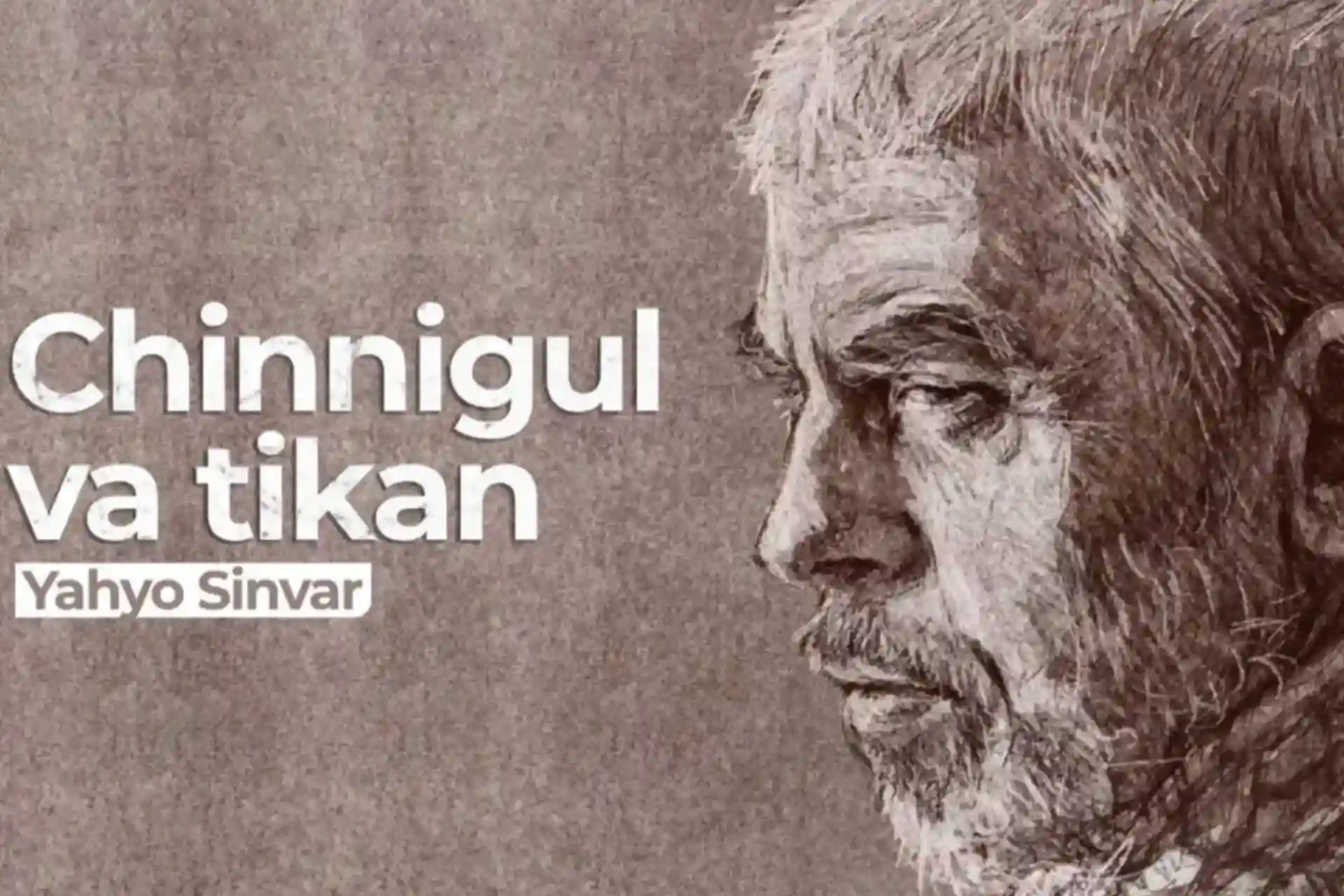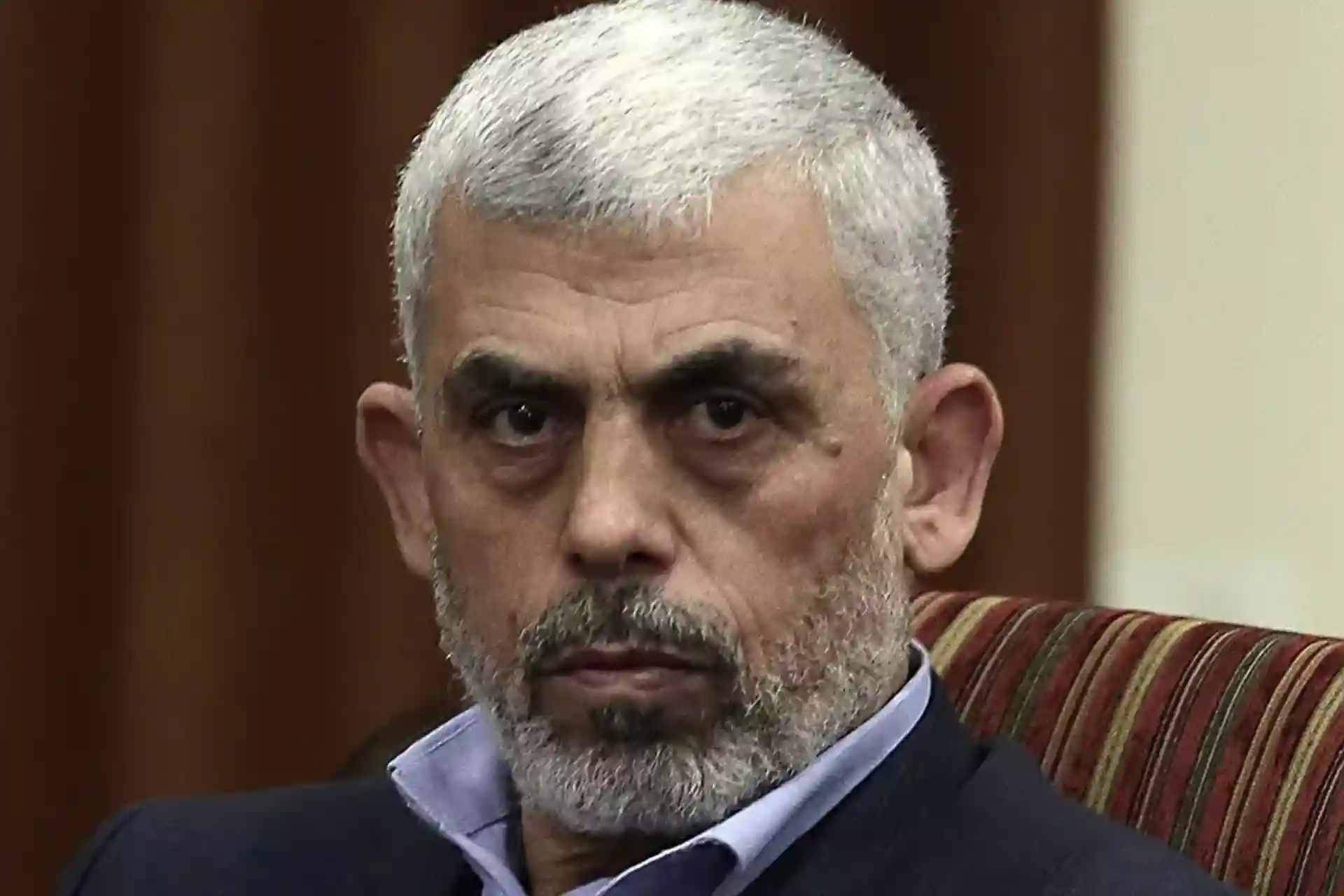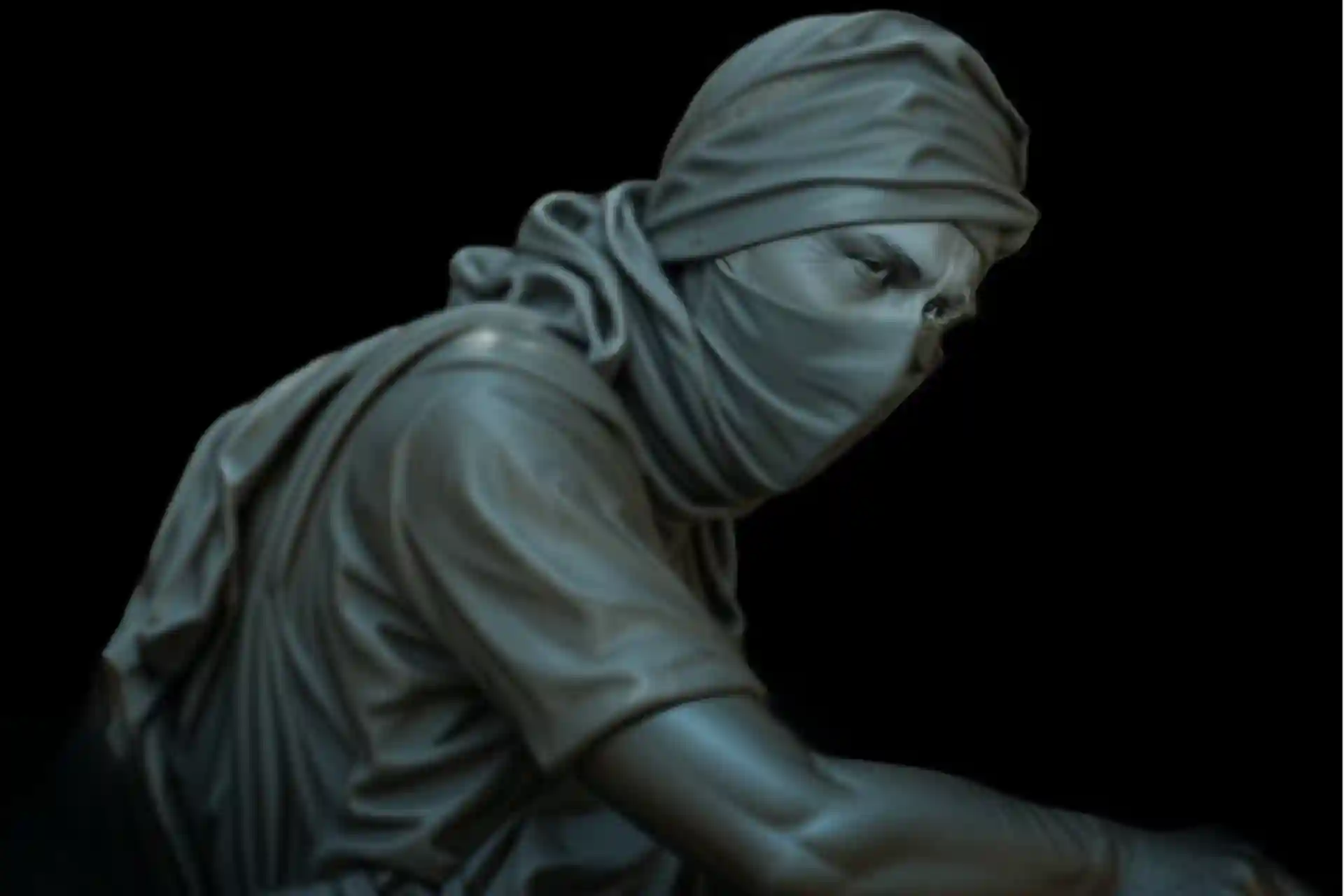"The Carnation and the Thorn" – Yahya Sinwar (story, part 20)
The events of "Black September" in 1970 began without warning. The events eventually became a real scandal, and their echoes even spread throughout the region. As a result, they provoked political movements in the Arab leadership arena.
Umm Ahmad had three sons, each of whom had a wife and children. They were also involved in that terrible incident in Jordan. Because her children were in danger, Umm Ahmad could neither sleep nor eat. Her husband, Abu Ahmad, tried to calm her down, telling her to trust in Allah and that nothing would happen except what He had written in His decree. And yet, she was a mother! A mother's heart would not hear the word "peace" in such situations. As a result of these troubles, Abu Ahmad decided to travel to Jordan. Then Umm Ahmad began to lament to her husband:
-Are you going to leave by yourself?!
-Yes!
"What's the point of going alone? It'll only make me more worried..."
"Then what do you want me to do?! Should I just sit in front of you with my arms folded?"
-You won't go! Then I'll go with you.
Abu Ahmad could not dissuade his wife from her haste. She could not even sit down, holding hands. The old man and the old woman, who had received news from their children, grandchildren, and daughters-in-law, prepared themselves and set off. When they reached their destination, they witnessed a real war scene. When they went to their son, Sa'id, who was driving, their eyes were not happy with their visit. The danger had doubled. Because they had arrived at a time of extreme danger - when the firing had not yet stopped. Due to the severity of the situation, they nailed all the doors and windows and blocked them with all possible equipment from the inside, so that no stray bullet would reach and injure the people in the house. Even when they moved inside the house, they would walk hunched over. If someone walked upright, the others would panic:
"Why don't you walk more slowly! Don't let a bullet come from outside and blow a hole in your brain!"
While hiding in a corner, Abu Ahmad would joke with his old woman, "You've been sitting safely in your house, are you enjoying it? Why don't you come out to the other room, get up!" Ummu Ahmad would immediately reply, "For your attention, instead of dying of anxiety while you're away, it's a thousand times better to be here - in front of my children, this is safe for me." Abu Ahmad would also say, "Yes... It's okay, it's okay, may you be happy in the end! Oh Satyr! Oh Satyr!" and he would still sit there, ordering his grandson to bow his head and not to get up yet.
As soon as the events in Jerash and Ajloun were over, the rebels had left for Lebanon, and peace had returned, Abu Ahmad took his old car and set off for Khali. He started going out to his shop again. While talking to his neighbors, the merchant would tell them about the events he had seen with his own eyes. Those who listened would congratulate him on his safe return and praise God. Not long after, the news of the death of Jamal Abdel Nasser, known as the Arab hero and the hope of many Palestinians, began to be heard on the radio. This news was like a bolt from the blue for the Palestinians. As a result, all his compatriots took to the streets in their cities, villages, camps, and tents to demonstrate.
In the coastal camps, educational institutions were closed for several days. Food stores were closed, hunger strikes were declared. Large demonstration parades were held under the leadership of teachers, coaches, and many intellectuals. The demonstrators carried posters with the deceased leader's photo, Arabic slogans, and prayers asking for mercy for Jamal Abdunnasir, and praised his good deeds and praiseworthy qualities. Most of those who participated in these demonstrations were residents of the camps. Men were crying, women were screaming. The demonstration reached its peak. We, as students, both young and old, boys and girls, joined them. The demonstrators chanted, "Long live Arab unity!", "Palestine is an Arab land!", and "Our blood and our lives are sacrificed, O Jamal!"
As soon as they crossed the city's central Omar Mukhtar Street, a large army of invaders was waiting there. At first, they tried to disperse the protesters by shooting them over their heads and intimidating them. But the protesters did not back down, but took stones in their hands and threw them at the invaders. Seeing the advancing crowd, the invaders began to shoot at their legs. Then the wounded were taken to the Shifo hospital and the Charity Foundation hospital, which has been operating since 1967.
To be continued...



